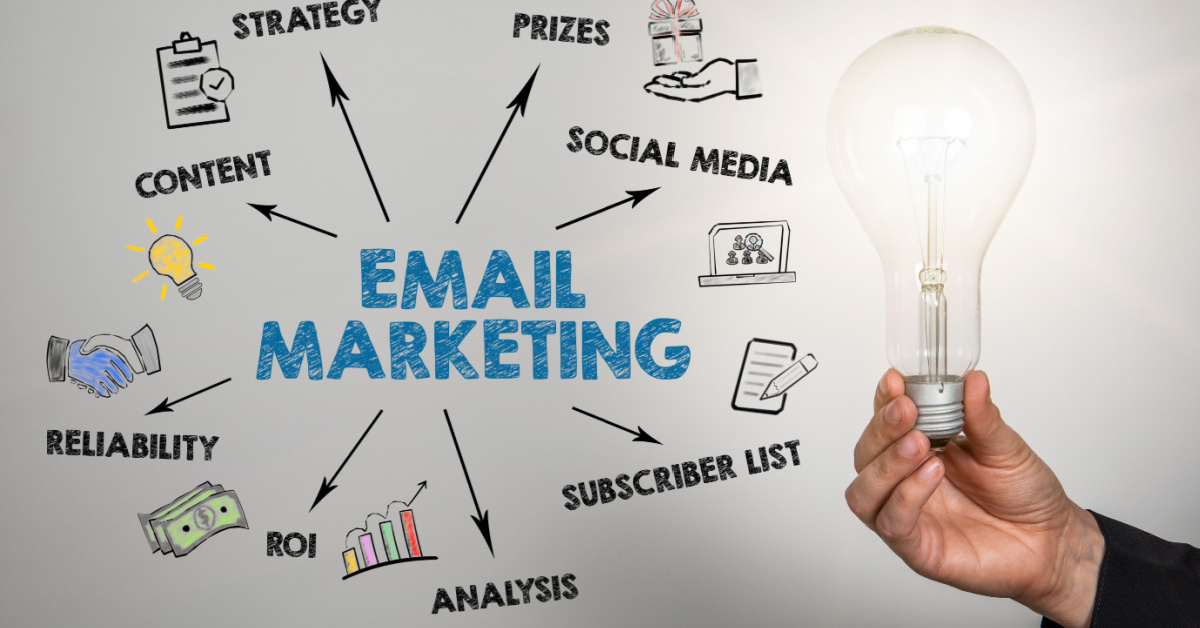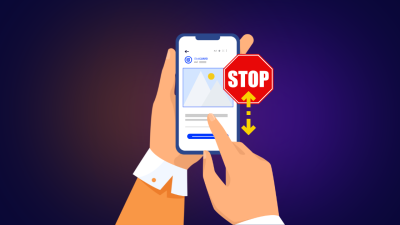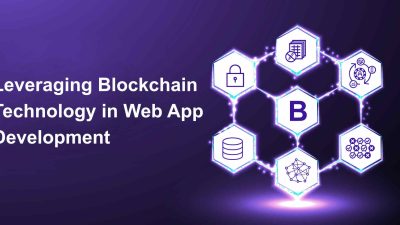Introduction
Email marketing remains one of the most powerful tools in a marketer’s arsenal. In 2025, with inboxes more crowded than ever, automation is the key to cutting through the noise and delivering personalized, timely, and relevant messages that drive engagement and conversions. Let’s see Email Marketing Automation.
This blog explores the best email marketing automation tools, proven strategies, and how to build campaigns that work—without burning out your team.
What Is Email Marketing Automation?
Email marketing automation is the use of software to send targeted emails to subscribers based on their behavior, preferences, and lifecycle stage—without manual intervention.
🔄 Key Benefits:
- Saves time and resources
- Improves personalization
- Boosts engagement and conversions
- Enables scalable communication
- Enhances customer experience
Top Email Marketing Automation Tools in 2025
Here are some of the most effective platforms for automating email campaigns:
🧠 1. HubSpot
- CRM integration
- Smart segmentation
- Visual workflow builder
- A/B testing and analytics
📧 2. Mailchimp
- Easy-to-use interface
- Pre-built automation templates
- E-commerce integrations
- AI-powered send-time optimization
🚀 3. ActiveCampaign
- Advanced automation workflows
- Behavioral tracking
- SMS and email integration
- Predictive sending
🛍️ 4. Klaviyo
- Built for e-commerce
- Dynamic product recommendations
- Abandoned cart flows
- Revenue attribution
🧩 5. ConvertKit
- Ideal for creators and bloggers
- Tag-based automation
- Landing page builder
- Subscriber scoring
🧠 6. Brevo (formerly Sendinblue)
- Multi-channel automation (email, SMS, chat)
- Transactional emails
- Real-time reporting
- Affordable pricing
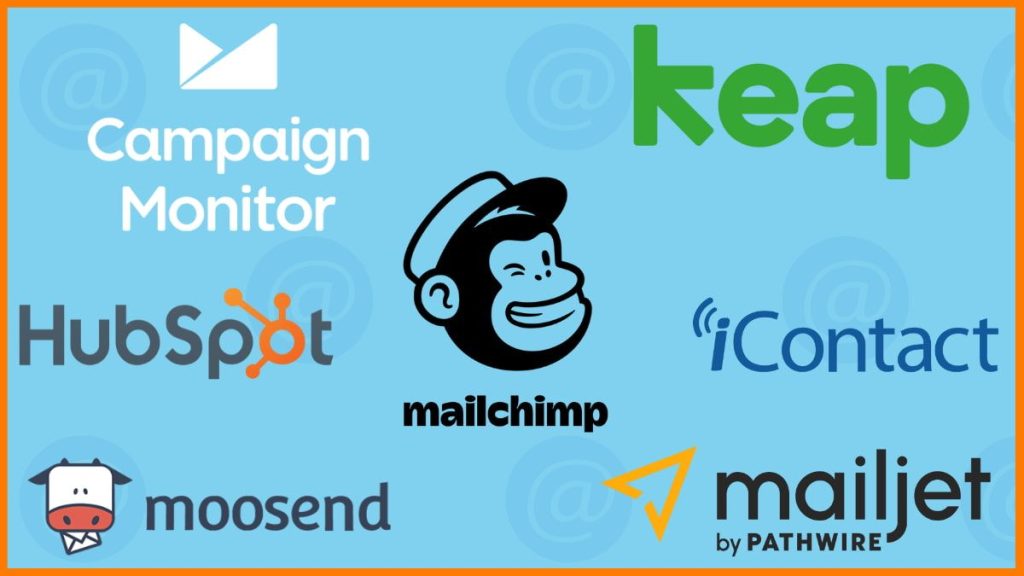
Core Email Automation Strategies That Work
✅ 1. Welcome Series
Make a strong first impression with a sequence of emails that:
- Introduce your brand
- Set expectations
- Offer value (discounts, guides, etc.)
Tip: Use personalization tokens and dynamic content to tailor the experience.
✅ 2. Abandoned Cart Recovery
Recover lost sales by reminding users of items left in their cart.
Best Practices:
- Send within 1 hour of abandonment
- Include product images and reviews
- Offer incentives (discounts, free shipping)
✅ 3. Lead Nurturing Campaigns
Guide prospects through the funnel with educational and value-driven content.
Structure:
- Awareness: Blog posts, videos
- Consideration: Case studies, testimonials
- Decision: Product demos, free trials
✅ 4. Re-Engagement Campaigns
Win back inactive subscribers with:
- Personalized subject lines
- Exclusive offers
- Feedback surveys
Tip: Segment by inactivity duration and tailor messaging accordingly.
✅ 5. Post-Purchase Follow-Ups
Enhance customer satisfaction and encourage repeat purchases.
Ideas:
- Thank-you emails
- Product usage tips
- Review requests
- Cross-sell recommendations
✅ 6. Behavioral Triggers
Send emails based on user actions:
- Page visits
- Email opens/clicks
- Purchase history
- App usage
Tool Tip: Use platforms with real-time tracking and event-based triggers.
Segmentation and Personalization: The Heart of Automation
🎯 Segmentation Types:
- Demographic (age, location)
- Behavioral (clicks, purchases)
- Lifecycle stage (lead, customer, VIP)
- Engagement level (active, dormant)
🧠 Personalization Tactics:
- Dynamic content blocks
- Personalized subject lines
- Product recommendations
- Location-based offers
Stat: Personalized emails deliver 6x higher transaction rates than generic ones.
Design and Copywriting Tips for Automated Emails
✍️ Subject Lines
- Keep it under 50 characters
- Use curiosity, urgency, or value
- A/B test regularly
📐 Layout
- Mobile-first design
- Clear CTA buttons
- Minimalist visuals
🧠 Copy
- Conversational tone
- Focus on benefits, not features
- Use storytelling where possible

Analytics and Optimization
📊 Key Metrics to Track:
- Open rate
- Click-through rate (CTR)
- Conversion rate
- Bounce rate
- Unsubscribe rate
- Revenue per email
🔁 Optimization Tips:
- Test send times and frequency
- Clean your list regularly
- Use heatmaps and scroll tracking
- Analyze subject line performance
Compliance and Deliverability
🛡️ Stay Compliant:
- GDPR, CAN-SPAM, DPDP (India)
- Include unsubscribe links
- Avoid misleading subject lines
📬 Improve Deliverability:
- Authenticate with SPF, DKIM, DMARC
- Use double opt-in
- Avoid spammy language
- Monitor sender reputation
Future of Email Automation in 2025 and Beyond
🔮 Trends to Watch:
- AI-generated email copy
- Predictive send-time optimization
- Hyper-personalized content
- Voice-activated email previews
- Integration with AR/VR experiences
Conclusion
Email marketing automation is not just about saving time—it’s about delivering the right message to the right person at the right time. With the right tools and strategies, businesses can build meaningful relationships, drive conversions, and scale their marketing efforts efficiently.
Whether you’re a startup or an enterprise, investing in smart automation today will set the foundation for sustainable growth and customer loyalty tomorrow.

